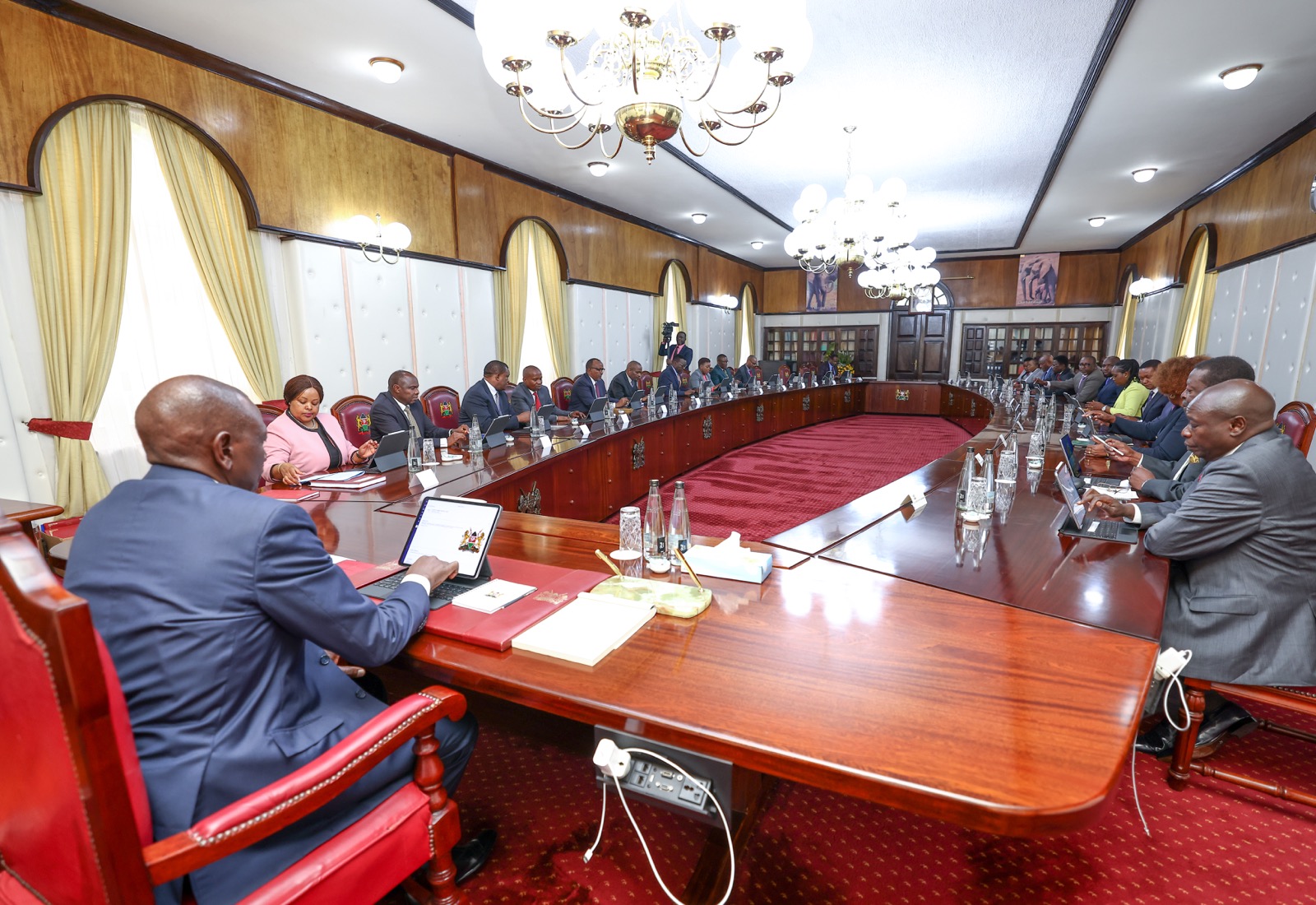In an effort to address governance issues related to the nationalization of Telkom Kenya Limited ahead of last year’s general election, Kenya’s cabinet has reversed its earlier decision to have the government purchase a 60% stake in the telecommunications company, according to a despatch released Tuesday from the executive office of the president.
The cabinet had previously decided that the government would buy 60% of Telkom Kenya’s shares from investment firms Jamhuri and Helios. That purchase has now been rescinded, and Jamhuri/Helios will refund the amount already paid by the government as consideration for the takeover.
The decision offers Telkom Kenya a chance to bring on a new strategic investor, pending regulatory approval. It is aimed at enhancing Telkom’s operational capacity and making it more competitive in the telecom market, the despatch said.
The despatch detailed other recent cabinet decisions intended to promote the administration’s socio-economic plan known as the Bottom-Up Economic Transformation Agenda.
Read more: Parliamentary committee wants Worldcoin blocked in Kenya until regulations enacted
To boost the cooperative movement’s role in national development, the cabinet approved the Co-operatives Bill 2023. The proposed law would strengthen governance of cooperatives by reintroducing a cooperatives commissioner position and increasing protection of members’ funds through tighter supervision.
The cabinet also partially lifted a moratorium on issuing new mining rights that had been in place since 2019. The move is meant to unlock the mining sector’s potential through a more transparent and competitive licensing system, while still protecting national interests.
Additionally, the cabinet approved allowing so-called artisanal mining using traditional methods, which had previously been prohibited. The change aims to give dignity to the work of around 800,000 artisanal miners and have them form cooperatives or groups that can receive permits.
“The strengthening of the institutional framework that oversees cooperatives is a shot in the arm for smallholder agriculture that is the mainstay of millions of Kenyan households,” the despatch stated.
Other actions covered in the release included approval of a national family policy, a culture bill to preserve Kenya’s cultural heritage, and three gambling-related bills intended to build “responsible betting and gambling” and curb money laundering in light of concerns over the spread of irresponsible gambling.
The despatch said the cabinet has directed all ministers to safeguard public resources and eliminate corruption in order to achieve the Bottom-Up Economic Transformation Agenda’s goals of a healthier, more secure and equitable nation.
















